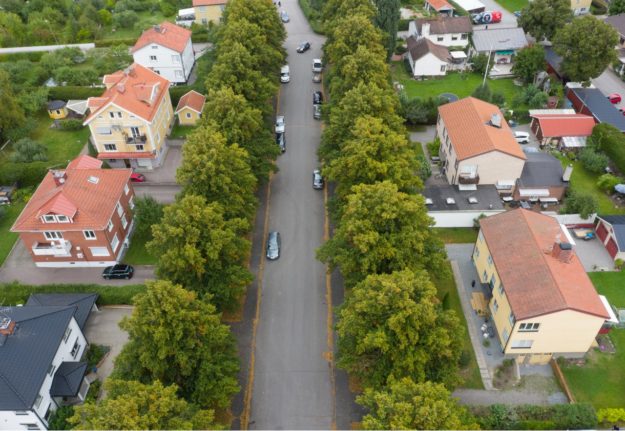The Democrats and Republicans have until Thursday October 17th to come up with a deal to avoid the US hitting its debt ceiling of $16.7 trillion. If no deal is reached the country is set to default on its debt payments, effectively making the nation bankrupt.
Deutsche Bank co-head Anshu Jain has warned that a default would be “utterly catastrophic.” “There isn’t life beyond default,” he told Bloomberg news agency at the weekend.
Even without a default, the government shutdown which began two weeks ago on October 1st is already being felt in Germany.
The US is Germany’s second biggest export market after France and exports to America grew by 20 percent in 2012.
But the German Chamber of Commerce says their members in the US and at home are feeling nervous.
Director of Foreign Trade at the Association of German Chambers of Industry and Commerce (DIHK) Ilja Nothnagel told The Local: “German companies are concerned and some companies are already feeling the consequences of the shutdown.
“They have a lot of customers in the Washington area. German firms have products in mechanical engineering and government contracts. They feel that there is not so much going on right now.”
A US default, Nothnagel said, would lead to major difficulties for German banks and firms.
And frustratingly the crisis comes amid positive signs for German investors in the US with energy costs shrinking and the economy stabilizing long-term. A third of all German export growth in 2012 was in Germany, Nothnagel said.
But all this is threatened by politics. “It is unnecessary,” he said. “German companies don’t understand why parties are willing to have this fight. This [a default] will hit our companies.
“Nobody knows what will happen. We are not that confident of seeing a quick solution. We are very concerned about the situation.”
But a survey on Tuesday found investment sentiment in Germany rose in October. The investor confidence index from the ZEW economic institute shrugged off concerns from the US to increase to its highest level since April 2010, AFP reported.
“The financial market experts remain optimistic,” said ZEW president Clemens Fuest in a statement. He added that “at present a greater impact of the debate on the debt ceiling in the USA is not visible.”
The euro has also gained on the US Dollar since the shutdown began meaning German exports are more expensive in the US. A default would send the dollar tumbling further against the euro.
Despite the consequences of the shutdown, Germany’s government has tried to stay out of the debate. “They don’t need a lecture. They just need the force to come to an agreement,” Finance Minister Wolfgang Schäuble said on Friday.
But he added: “A default of the United States is actually unthinkable. The consequences are hard to calculate.”
The shutdown has closed government services, parks, museums and tourist attractions. When it began Germany issued a “travel warning” to the US, warning visitors of longer queues at passport control and the closure of historic sites and national parks.
The US embassy and consulates in Germany have also felt the pinch.
On October 1st America’s ambassador to Germany, John Emerson, said: “I cannot predict what will or will not happen back in Washington…We will be open for essential services.”
Guidance sent by the US State Department to embassies on September 27th said departments should continue to operate until they run out of money.
If the government defaults embassy departments will use their reserves to stay open. It said: “The department will continue as many normal operations as possible; operating status and available funding will need to be monitored continuously and closely.”
But consular services are not operating at full capacity. One embassy worker said: “It’s a very fluid situation; definitely not business as usual.”
Perhaps one of the biggest impacts but most difficult to measure impacts is the potential damage to America’s reputation abroad – not least with key ally Germany.
Crucial free trade talks between the EU and US were delayed by the shutdown as the American government was unable to send staff to Brussels.
And when the shutdown began, German papers talked about the US “paralyzing itself”. “The unthinkable has happened,” the Welt newspaper wrote.
READ MORE: What does Germany make of US shutdown?
Tom Bristow
Follow us on Twitter @thelocalgermany
Like The Local Germany on Facebook



 Please whitelist us to continue reading.
Please whitelist us to continue reading.
Member comments